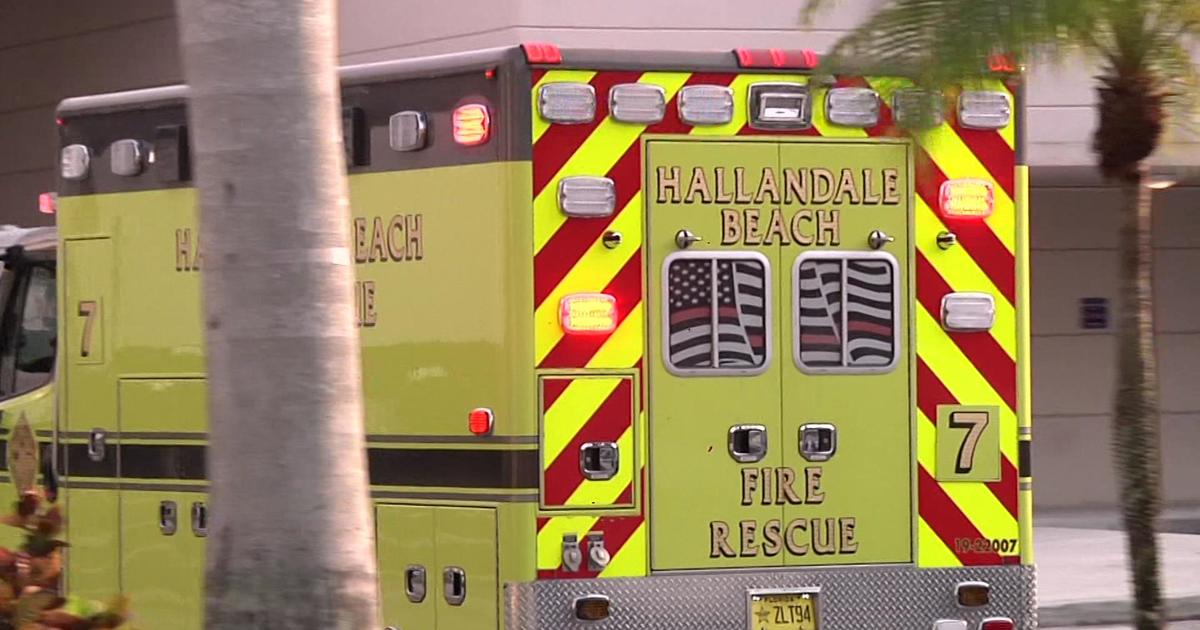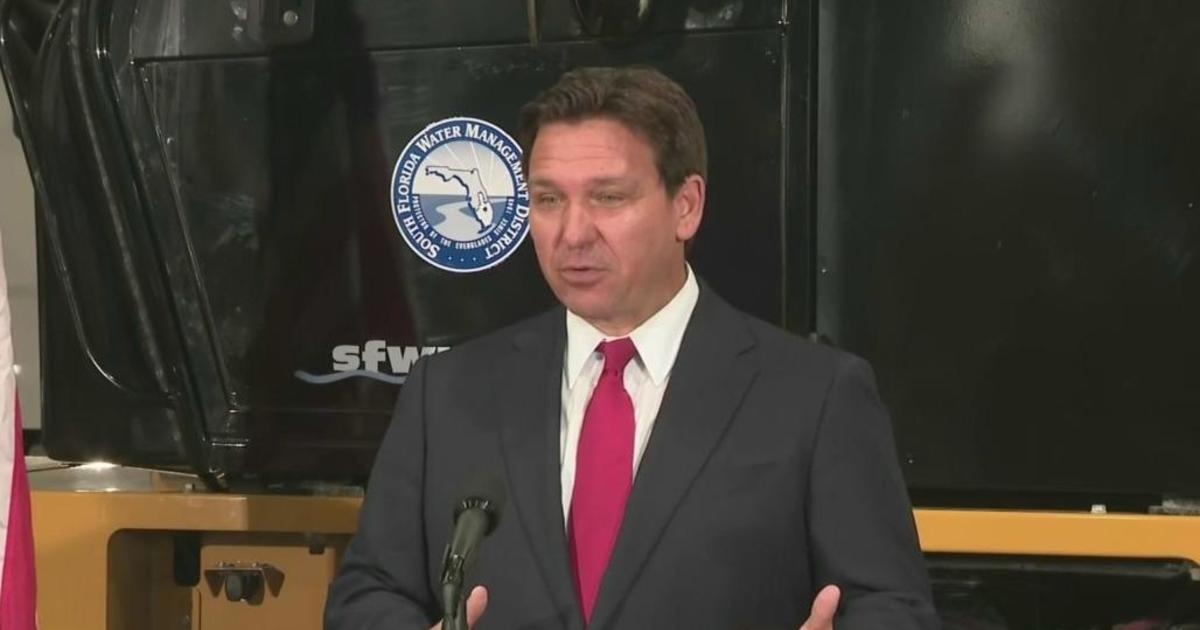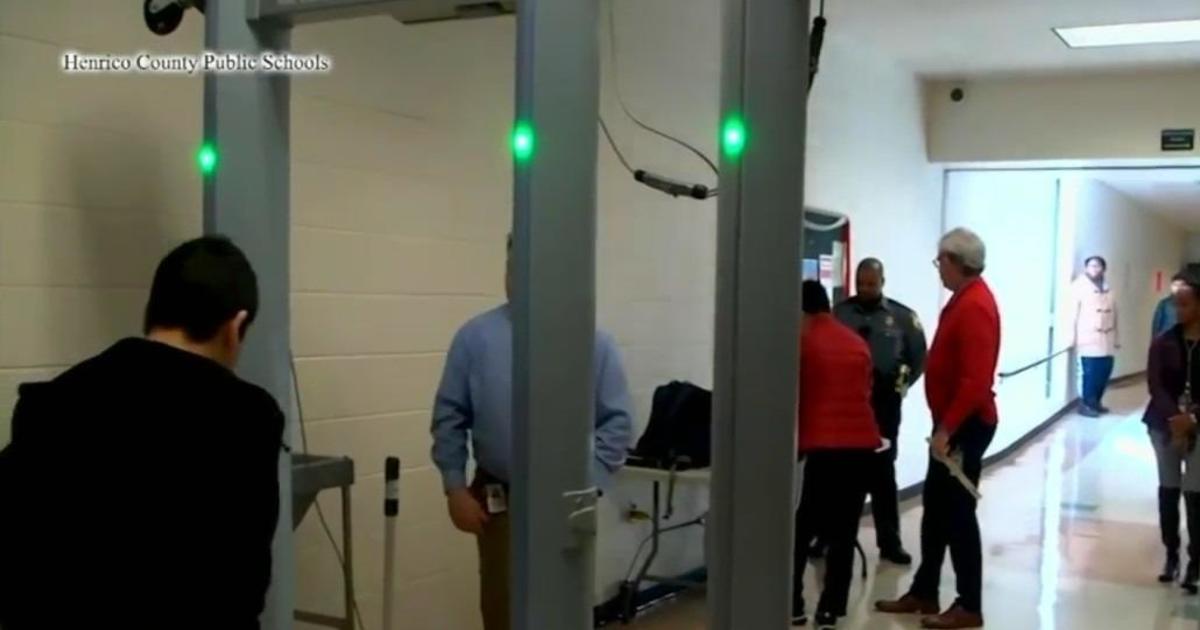Clash Over After-School Programs Coming Back
Follow CBSMIAMI.COM: Facebook | Twitter
TALLAHASSEE (NSF) – A clash over the state's oversight of children's after-school programs is headed back to the Legislature, as lawmakers and agency heads plan hearings for the 2016 session about licensure and background checks.
Those issues roiled House and Senate floor debates about an otherwise innocuous bill (SB 7078) that passed at the end of this spring's regular session and is now before Gov. Rick Scott.
"It was a glitch bill," said Senate sponsor Eleanor Sobel, D-Hollywood. "It wasn't supposed to be controversial."
The bill was primarily aimed at tightening a law passed last year to reform the child-welfare system. But Sobel added an amendment that dealt with state oversight of local after-school programs with national affiliations --- such as the Boys and Girls Clubs and the Boy Scouts and Girl Scouts --- and would require staff and volunteers of such groups to meet background-screening requirements through the Department of Children and Families.
If Scott signs the bill, it will require what's known as "Level 2" background screening for the national groups as well as others who work with vulnerable Floridians, such as young children, people with disabilities and frail elders. Level 2 screenings are fingerprint-based, national criminal-history searches that are updated whenever there is a new offense.
"People were amazed to find out that the Boys and Girls Clubs did not do Level 2 background screening," Sobel told fellow members of the Florida Children and Youth Cabinet at a meeting last week. She estimated that 40 percent of the Boys and Girls Clubs in Florida are performing Level 2 screens of their personnel.
But advocates such as Boys and Girls Clubs lobbyist Jeff Kottkamp, a former lieutenant governor, say the clubs perform Level 2 background checks, and they take great exception to Sobel's position.
"All Boys and Girls Clubs do background screening and have for many years," said lobbyist Jack Cory, who participated in the Boys and Girls Clubs and now represents them. "Not just employees, but board members and volunteers."
Current law says programs that serve children under the age of 6 must be licensed. Every child-care facility in Florida is required to have a license and renew it annually though the Department of Children and Families. But in 1987, certain religious and national groups were exempted from that requirement --- including the Boys and Girls Clubs and similar after-school programs with national affiliations.
Because the majority of Boys and Girls Clubs aren't required to have licenses, the state lacks leverage to enforce Level 2 screenings. If Scott signs SB 7078, which he must decide on by Friday, that would change.
Cory said the clubs don't provide child care, which is considered in law to be for younger children. He said they offer after-school care for older children.
"We're not child-care. We've never been child care," he said. "We don't change diapers. We're (for children ages) 6 to 18."
The wide age range, however, troubles Rep. Gayle Harrell, a Stuart Republican and chairwoman of the House Children, Families and Seniors Subcommittee.
"When you're there from two o'clock in the afternoon, having dinner and going home at eight o'clock at night, when you have kids as young as 6 in these programs, that's child care," Harrell said at the Children and Youth Cabinet meeting.
"If you asked most parents, they'd tell you that was their child-care provider," Department of Children and Families Secretary Mike Carroll agreed.
Currently only the Boys and Girls Clubs in Hernando, Hillsborough and Pinellas counties have child-care licenses. The Hernando Boys and Girls Clubs are preschools, licensed by DCF, while the Pinellas and Hillsborough clubs are licensed by their counties.
Sen. Chris Smith, D-Fort Lauderdale, tried unsuccessfully this spring to pass a bill that would make it clear national groups are exempt from Florida licensing requirements.
Now, citing safety concerns, Harrell and Sobel say they will consider a tiered licensing structure to ensure that all different types of child-care facilities --- including after-school programs --- meet minimum safety standards.
"Tiered licensing might happen, but I need input from the providers," Sobel said. "The question is: How do you set up the tiers?"
It's a question expected to come up in the 2016 session. Harrell and Sobel said they will hold hearings on licensing issues.
Last month, Rep. Jason Brodeur, R-Sanford, proposed and then withdrew an amendment that would have required the Department of Children and Families to create a tiered after-school licensure program reflecting the risk levels of the activities offered and populations served by after-school programs.
"As family needs grow and change, so too should our statutes to reflect the kind of organizations that provide the kind of care our communities need," Brodeur wrote in an email. "I believe it is time we holistically review all of our child care facility statutes to ensure that we are flexible enough to accommodate the different kinds of facilities meeting our community needs without compromising child safety."
The News Service of Florida's Margie Menzel contributed to this report.



